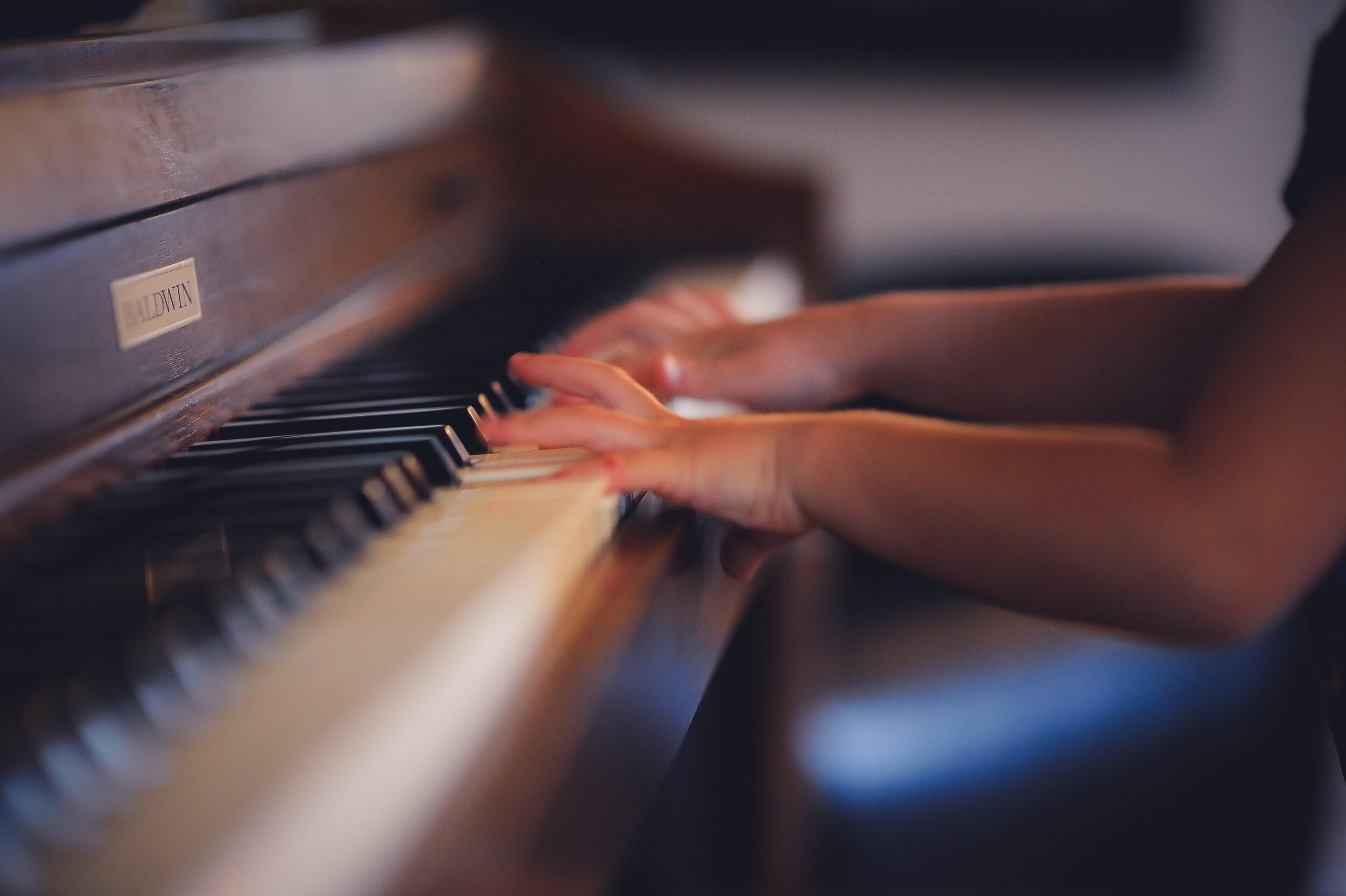My experience starting piano as a child (Part 2 of 2)
Understanding, not repeating
What I should point out here is that, in my experience as a teacher, both children and adults are very good at mimicking or imitating what others have done from listening to recordings. However this does not mean that you understand the mechanics going on behind it. This was an acute issue with my playing growing up. As a child, I would test very well, but I couldn't apply the knowledge elsewhere with slight changes. Sort of like a robot on a manufacturing line.
It is a massive hurdle to future progression if a student simply learns a piece of music, that should be sight-read, by ear instead. They should be able to put the knowledge of that piece to use in other areas of music; but often can’t. For example, if I had just learned how to play an arpeggio in G major — I should really then be able to use the information about constructing an arpeggio and apply it to any other key that I know already for example C major.
As a child, if I didn't repeat it exactly as I had learned it, I wouldn't be able to replicate it in public being monitored or watched. This is something I see repeated in students again and again. Oftentimes, this lack of understanding or comfort, induces a little bit of performance and monitoring anxiety in the student too. This increases the pressure felt in exam situations — but the main issue is not being able to take the knowledge and apply it to different scenarios as required.
This is something you do have to watch out for in children and adults, as they can be amazing mimics, without ever letting on — or without realizing themselves — that they haven’t really learnt the piece as required. There are levels of memorization, and the more complicated a piece of music is, and the longer it is, the more you need to analyze the work. Often this involves making a skeleton map of the piece and marking points in the memorization of the music so it’s easier to recall.
These marking techniques are same for pop and rock performers who have notes from themselves next to the set list’s songs. This is because, like an army soldier drills survival techniques to keep them alive in combat situations, the brain and memory do fun things under pressure. Mainly stress releases cortisol which can affect short-term memory. Did you ever have to write a list out as you were stressed and couldn’t remember important things? That’s cortisol. Or as my nana used to say, “you’re away with the fairies”.
Other issues with practice when I started
Although I don't distinctly remember my first piano lesson, I do remember that there were issues at home with practice. After class on a Saturday, I would put away my books when I got home and only remember that I had homework or extra practice to do half an hour before we had to leave for class the following week. Tears and tantrums would ensue, even though I really enjoyed piano class. It took about a year for me to learn to motivate myself to practice, complete the homework, and learn to get a routine set up by myself that works.
From piano, I learned to take responsibility and accountability for my own work and remembered to do my homework directly after class on a Saturday before I got stuck into something else. This was initiated by my mom, and reinforced after four or five lessons of me forgetting. But to her credit, my mother didn’t sit with me and force me to do the work, she gave me space to handle it myself and then I would come to her when I was stuck or had an issue. A similar approach was used by my teacher who disciplined me, but not too severely, when it was evident that I had rushed or not completed the assigned work. This was excellent training for secondary school and beyond, where you are taking more and more responsibility for your personal education.
Piano & me
Over the years, I progressed along in piano and enjoyed it. During some years of my childhood, things got difficult at home, as it does for most families, pressures that were external pushed in on us. I found during these times piano to be my solace — it was mine and I could control what I had order over. If practiced, I would do well in exams, and if I didn't practice, I wouldn't do well in exams.
This pure fact laid everything out quite plain and simple for me which was reassuring. As a child, there were some things I could control and some things I couldn’t — I needed to relax and know the difference. This is a lesson that’s proven invaluable through to adulthood, I have only control of myself, and even then we are all programmed by past experiences. I can exert influence over myself, but no one else. I can adjust my behavior or learn new skills, I cannot make anyone else do this, I can only lead by example.
This blog (Part 2) and Part 1 was a little different from my other pieces, a little more personal, but I do hope it is valuable for all of my current and prospective students. Even more so, perhaps it’s valuable for parents wondering whether to enroll their child in their first music lessons. For anyone who has questions about this process, or who simply wants to learn or have their child learn, do feel free to reach out to me and I’ll be happy to chat and help where I can!

